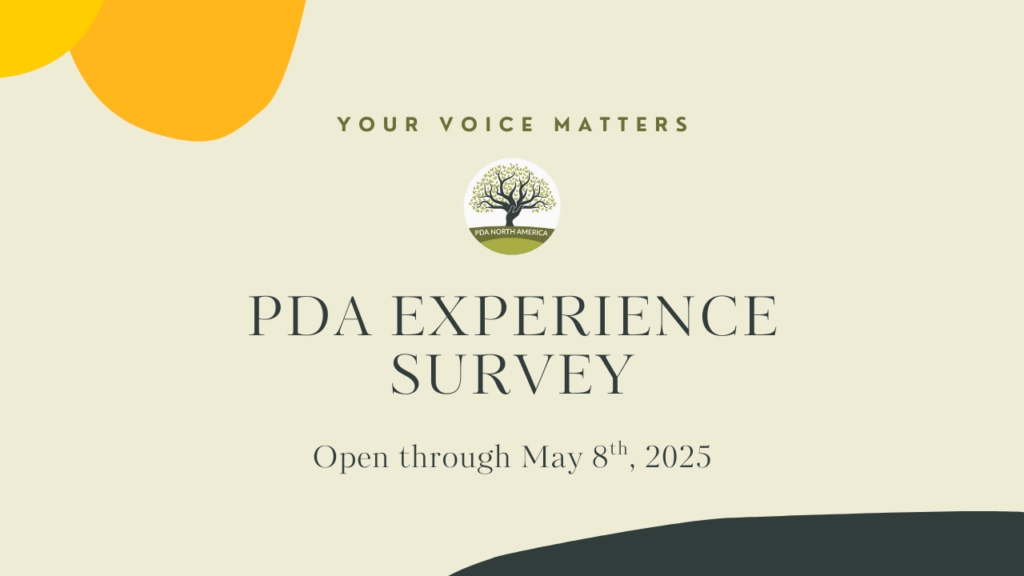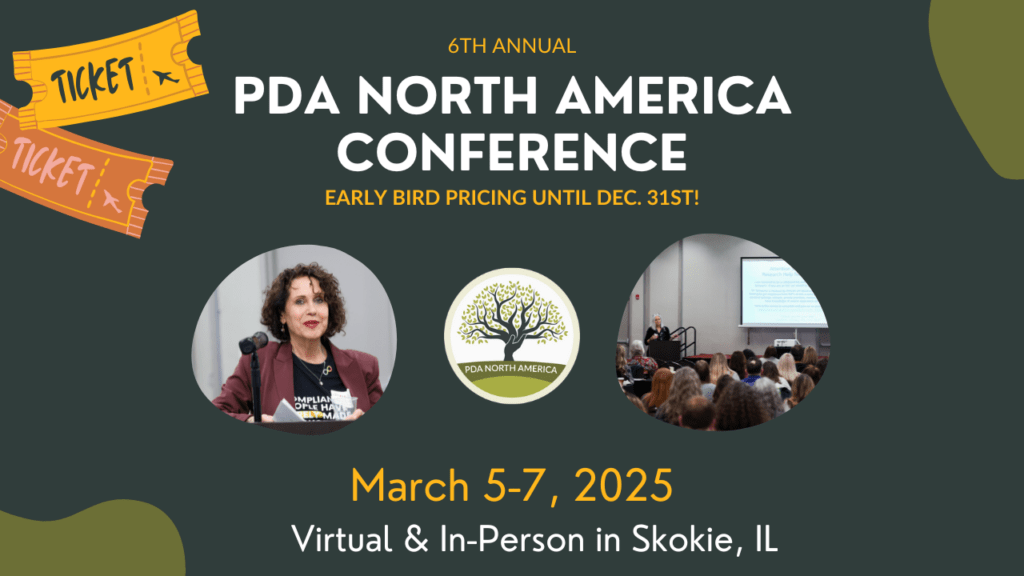Holidays like Thanksgiving, Christmas, and more can be a challenging time for families, especially when you are working hard to accommodate a PDA child or a child with other support needs. The combination of new foods, unfamiliar faces, and changes in routine can quickly become overwhelming for neurodivergent individuals.
For our family, we’ve found that being proactive—planning ahead to reduce demands and accommodate sensory needs—helps us create a more enjoyable and manageable holiday experience. Dropping demands allows our children (and ourselves) to feel safe, supported, and more in control.
Here are some strategies that have worked well for us and may help other families with similar needs:
- Bring Safe Foods
With so many new or even unusual dishes on the Thanksgiving table, we always bring a lunchbox of “safe” and familiar foods. These are go-to snacks and meals that our child feels comfortable eating. It’s important for us to ensure they can access nourishment without the stress of unfamiliar tastes or textures. Offering these foods without pressure lets them eat what they need, when they need it.
- Plan for an Exit Strategy
We understand not every family has the resources for this, but when possible, traveling in two cars has been a game-changer for us. This way, one parent can leave with our child if the environment becomes overwhelming. Having a quick exit available reduces anxiety for everyone, knowing we can adapt to our child’s needs in real-time.
- Bring Your Own Activities
Even when visiting a place that has toys or games, the unfamiliarity can make them less appealing or comforting to our child. We pack a few trusted toys or activities from home to provide a sense of comfort. If everything is going smoothly, we might leave them in the car, but it’s always nice to have the option available.
- Pack a Portable Safe Space
An occupational therapist suggested we keep a small pop-up tent in our home that our child could use for everyday play. It’s become a safe space, and we now take it with us when we travel. Setting it up at a family gathering brings a little piece of home to new environments, offering a familiar and calming space when the surroundings feel overwhelming.
- Sensory Accommodations
We never leave home without sensory tools. Noise-reducing earbuds or headphones help block out overwhelming sounds, and we often bring weighted blankets, fidget toys, and other items that provide comfort. Sensory regulation is key to helping our child feel grounded during large gatherings.
- Communicate with Loved Ones
A little communication goes a long way in setting expectations. Before gatherings, we send a quick message to family members or hosts. We might say something like, “Just a reminder: [Child’s Name] will approach you when she’s ready to talk,” or “We’re bringing some of his favorite foods—don’t worry about him spoiling his appetite for dinner.” Providing context and information helps everyone support our child in a way that respects her needs.
- Opting Out is OK
Perhaps the most important strategy we’ve learned is that it’s okay to say no. Sometimes, the best way to support our family’s peace is by skipping a gathering or celebration altogether. Whether it’s taking a break or finding a smaller, quieter way to celebrate, prioritizing the mental health and well-being of your family is always a valid option.
Ultimately, every family is different, and the strategies that work for one might not work for another. What’s most important is creating an environment where your child feels safe, supported, and seen. You know what works best for you and your family. By dropping demands and making accommodations, we can create spaces where our children thrive, even during times that can be filled with unfamiliarity and change.
This holiday season, consider what truly brings joy and peace to your family, and don’t hesitate to adjust as needed. After all, the heart of the holiday is about coming together—whether that means gathering around the dinner table or finding calm and connection in your own way.
Bio: Sunita Theiss is an autistic + ADHD mom of neurodivergent kids. Multiple members of her family identify with PDA, and she completed the PDA North America Level 1 certificate in 2023. A child of Indian immigrants, Sunita was born and raised in Georgia. She is a poet and writer, and has had an extensive career in marketing and communications. She is currently in a season of downshift in her career to be more hands-on with her family and homeschool her children. Connect with her on Instagram, Substack, or in the PDA Georgia Facebook group.







